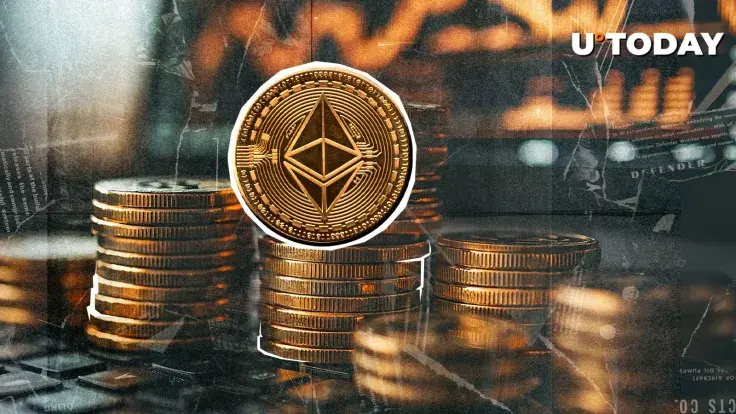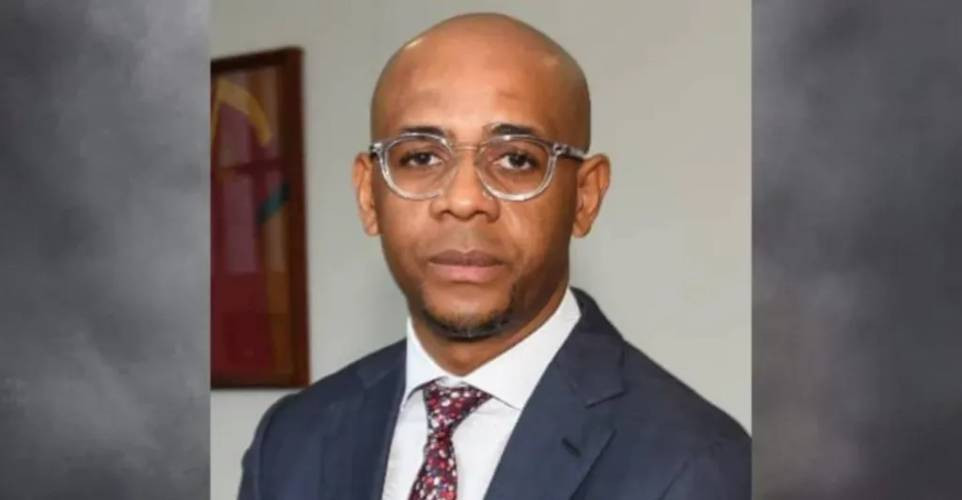Asia's Giants Thaw: India and China Rebuild High-Level Ties
The foreign ministers of India and China recently convened in New Delhi, marking a renewed diplomatic effort by the nuclear-armed Asian rivals to de-escalate tensions that have significantly strained relations following a five-year border standoff. This engagement comes after a difficult period, specifically the deadly clash in 2020 along the disputed Himalayan border, which resulted in the deaths of 20 Indian and four Chinese soldiers. That incident, the worst in decades, led to a freezing of high-level political engagements, with both nations subsequently deploying tens of thousands of security forces in the contested border areas.
During the recent talks, India’s foreign minister, Subrahmanyam Jaishankar, welcomed China’s foreign minister, Wang Yi, stressing the need for de-escalation to foster positive momentum in bilateral ties. Jaishankar articulated that after a challenging phase in their relationship, both nations are now seeking to move forward, which necessitates a "candid and constructive approach" from both sides. Wang Yi acknowledged that peace and tranquility have been restored along the borders and confirmed that China has permitted Indian pilgrims to visit significant sites in the Tibet autonomous region.
Wang Yi was also scheduled to meet with Indian Prime Minister Narendra Modi and hold discussions with Indian National Security Adviser Ajit Doval, with reducing the number of troops along the border expected to be a key agenda item. Both countries have already made some progress, having agreed to a pact on border patrols and withdrawing additional forces from certain border areas last year. Furthermore, discussions are underway to restart trade through three specific points along their extensive 3,488-kilometer (2,167-mile) border, and efforts are being made to restore direct flights between the two nations.
Signs of a broader thaw in relations have been emerging, building on the first in-person meeting between Prime Minister Modi and Chinese President Xi Jinping at a summit of emerging economies in Russia last October. Modi is anticipated to visit China later this month to attend the Shanghai Cooperation Organization summit, marking his first trip to China in seven years. Earlier this year, President Xi called for India and China’s relations to emulate a “dragon-elephant tango,” symbolizing a harmonious interaction between the emblematic animals of the two countries. India's external affairs minister also visited Beijing in his first trip since 2020, signaling further diplomatic re-engagement.
Despite these overtures, experts caution that the normalization remains at an uneasy level. Manoj Joshi, a fellow at the Observer Research Foundation, indicated that settling the boundary issue necessitates "political compromise at the highest political level" and suggested that the countries are still "talking past each other when it comes to the border dispute and issues surrounding it."
Coinciding with Wang’s visit, New Delhi is navigating increasing friction with Washington. U.S. President Donald Trump has imposed a 50% tariff on Indian goods, which includes a 25% penalty for purchasing Russian crude oil, with these tariffs set to take effect on August 27. India has shown no signs of capitulating, instead deepening economic cooperation by signing more agreements with Russia.
Additionally, Trump’s renewed engagement with Pakistan, India’s arch-rival, has contributed to New Delhi’s diplomatic shift towards China. Recent events include Trump hosting Pakistan’s army chief for a White House lunch and announcing an energy deal to jointly develop Pakistan’s oil reserves. These actions followed Trump’s claims of brokering a ceasefire between India and Pakistan after a military clash in May, during which Pakistan reportedly used Chinese-made military jets and missiles against India. Lt. Gen. D.S. Hooda commented on this dynamic, stating that while China is heavily invested in Pakistan, India cannot manage "two hostile neighbors on your borders and simultaneously deal with them also," highlighting the complex regional geopolitical landscape.
Ultimately, while both nations continue to fortify their borders by building roads and rail networks, the recent high-level engagements underscore a shared desire to move past the strained period. As China's Foreign Ministry spokesperson Mao Ning stated, Beijing is willing to use Wang’s India visit as an opportunity to “properly handle differences and promote the sustained, sound and stable development of China-India relations,” aiming to jointly safeguard peace and tranquility in the border areas.
You may also like...
2026 Jeep Cherokee Unveiled: Specs, Price, and Heritage Revival Spark Debate

Jeep re-enters the compact SUV market with the all-new 2026 Cherokee Hybrid, boasting a boxy XJ-inspired design and an e...
Mercedes-AMG GT XX Shatters EV Record, Dares Tesla to Catch Up

Mercedes-AMG's Concept AMG GT XX shattered 25 electric vehicle records during an ultramarathon run at Nardò, covering th...
Tornado Cash Trial Concludes with Guilty Verdict, Crypto Community Seeks Answers

The Tornado Cash trial has concluded with co-founder Roman Storm found guilty of conspiracy to operate an unlicensed mon...
Ethereum Skyrockets to New All-Time High, Legendary Trader Calls It 'Powerful'

Ethereum (ETH) has soared to a new historic peak of $4,885, marking its first all-time high in nearly four years, follow...
AI's Untamed Momentum: Nvidia's Explosive Growth & Future Outlook

AI chipmaker Nvidia's third-quarter revenue forecast surpassed Wall Street estimates, driven by strong demand for its ch...
Trade War Escalates: India Reacts to Crushing US Tariffs on Exports

India is responding to new US tariffs that will affect 55% of its merchandise exports by implementing national strategie...
Thai-Cambodian Border Boiling Point: Fake News, Assassination Plots, and Land Disputes Fueling Tensions

Tensions persist along the Thai-Cambodian border, fueled by accusations of assassination plots, alleged landmine deploym...
Shockwave in Equatorial Guinea: President's Nephew Jailed in Sex Tape Embezzlement Scandal

Equatorial Guinea's former financial investigation agency head, Baltasar Ebang Engonga, has been sentenced to eight year...
